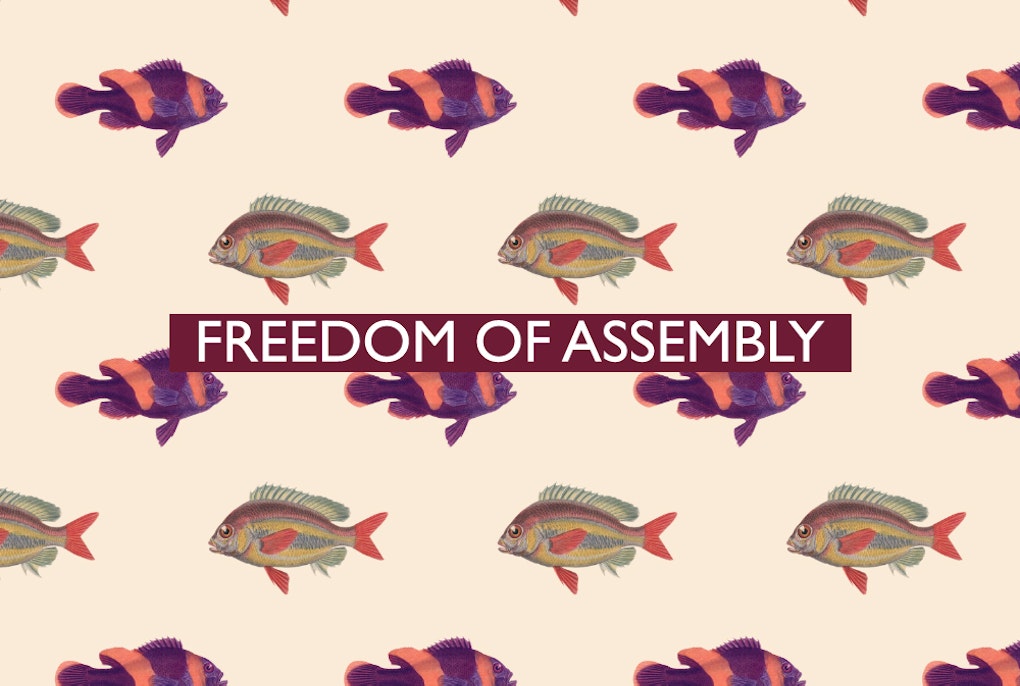
Another tale of two cities – Bilingualism in Fribourg and Bolzano/Bozen
 Antilia Wyss
Antilia Wyss
In recent years, the Brazilian National Congress has increased its power regarding the Federal budget. As of 2024, around 30% of the federal ministries budget will be in the hands of congresspeople due to budget amendments. Since 2019, the amount of funds where congresspeople are allowed to discretionally allocate to the subnational level has tripled, from 19.2 billion to 46.3 billion Brazilian reais allocated and 5.7 billion to 16.1 billion actually having been spent. However, this is not a Brazilian jabuticada2. On a daily basis, around the world, congresspeople assign federal funds to projects aiming to benefit their communities and which also seek to receive political support in return worldwide. In the US, the Senator Richard C. Shelby famously allocated billions of dollars to his Alabama district. In the UK, former PM Boris Johnson created the “levelling up” project which aimed to diminish regional inequalities but which disproportionally benefited his fellow conservative constituencies.
This common practice, known as pork barrel politics, refers to a section of the budget that serves to reconcile the dual role of legislators in congress: allowing them to please their voting base while also working on national matters. Although entirely legal, such procedures have a flawed reputation, and are often considered an inefficient allocation of federal funds. In Brazil, this issue is more severe because legislators have the power to allocate a share of the funding, without the risk of the federal government cancelling or ignoring its implementation (known as impositional amendments). In this piece, I invite the reader to partially challenge this perception, considering its positive effect at the subnational level, especially in contexts of low fiscal autonomy.
Pork barrel politics is the one legislative activity with a lousy reputation. The main point of its rejections lies in its nature: a non-coordinate expenditure, economically unjustified, and one in which costs exceed benefits while being prone to corruption and clientelism. In the diametrically opposite location sit the intergovernmental transfers that follow an allocation rule and have the reduction of horizontal and vertical inequalities between federated entities as their main objective. This is a salient and convincing argument anywhere in the world, as the federal budget is a tool that makes it possible to implement public policies at national level. Especially in a country such as Brazil, with its 214 million inhabitants who have uneven access to healthcare, and education.). However, despite being a non-programmatic resource delivered uncoordinatedly, scholars have also identified positive externalities of pork barrel spending at the subnational level. Notwithstanding being less analyzed, the bright side of pork exists: it aids in reducing regional inequalities, implementing education policies – even through the flypaper effect. Pork also contributes to human development indices, such as the average infant mortality rate. While not being their primary objective, these factors have a positive collective impact. More than that, pork overflows to neighboring municipalities.
Readers might be asking themselves: “Why it matters? If pork’s positive effects seems to be small, and with evidence suggesting that its effects only last up to 2 years - then, anything can be surmised!”. Allow me to disentangle that with a mental exercise. Let’s imagine a country with 26 states and 5,570 municipalities, where re-democratization in 1980 has since been responsible for providing basic education and healthcare services to the citizens. However, where despite decentralizing the responsibility of implementing public policies, the Federal Government is still the main agent responsible for managing four out of the five most important taxes. Where, as a result, almost 80% municipalities can’t generate 20% of their own funds. That is what Brazil is. A continental country with a vast number of municipalities which should deliver public services but cannot afford to invest in them. This is the perfect storm for high levels of subnational inequality and regional disparities – as some subnational unities are more capable of generating their own revenue than others.
Of course, to deal with this problem, the Federal Government designed and implemented intergovernmental transfers. However, these funds often reach subnational governments with recommendations for their use implemented in a top-down manner. Furthermore, the financing of intergovernmental transfers ends up inducing the spending priorities of subnational governments to follow the pattern of federal government regulations. For example, in the case of tax transfers for education (the former FUNDEF), the mayors of Brazilian municipalities could not use the funds to hire staff. In this sense, the transfer takes place, but it may not fulfil the fiscally suppressed municipality’s need for resources.
One might ask, how distributive politics would be helpful in a situation like this? Well, pork barrel funds arrive like a blessing in certain areas, especially when we consider that they are designed to be specific to the individual need of a given municipality. Different from fiscal transfers, the budget amendments (the Brazilian proxy for pork barrel politics) can be negotiated and requested specifically with the legislators – or even through a website called Sindorc, developed by the Câmara dos Deputados to allow Mayors to request to amendments. In this sense, we can expect a greater convergence of spending preferences in relation to the resource that reaches the municipality, and we can also expect a greater convergence of spending preferences in relation to the resource that reaches the municipality. In other words, instead of coming up with recommendations that seek to benefit the implementation of policies in accordance with the direction and coordination of the federal level, pork barrel policies allow greater autonomy for the subnational manager.
When we rationalize the recipient of this resource in a context of budget constraints where there are horizontal gaps in terms of the possibility of generating local revenue, then, any resource allocated would have a significant impact in delivering specific services. Some can argue that pork barrel has little marginal effect in localities where there is no budget restriction. Still, funds like these appear to have a fundamental role for poorer, less productive, and more unequally subsidized places. At the end of the day, with pork barrel monies, some mayors will have an extra allowance added to their budget and others won’t – that extra revenue could generate collective effects by helping to implement projects and policies that had not previously been foreseen in the local budget. In these situations, pork barrel could enable policy implementation at the local level.
Don’t get me wrong, my goal is not to demonize intergovernmental transfers or ignore their positive effects already evidenced in the literature, but to direct our attention to the subnational effects of a resource seen as inefficiently allocated at national level. As scholars have provided some evidence that pork barrel politics might help decrease regional inequality, and increase the levels of the welfare state, and that its effects can also benefit the neighboring jurisdictions of the target ones – we should consider allowing these municipalities to eat as much bacon as they need.[i]

This content is licensed under a Creative Commons Attribution 4.0 International license.

 Antilia Wyss
Antilia Wyss
 Enrico Andreoli
Enrico Andreoli
 Gabriel Toggenburg
Gabriel Toggenburg